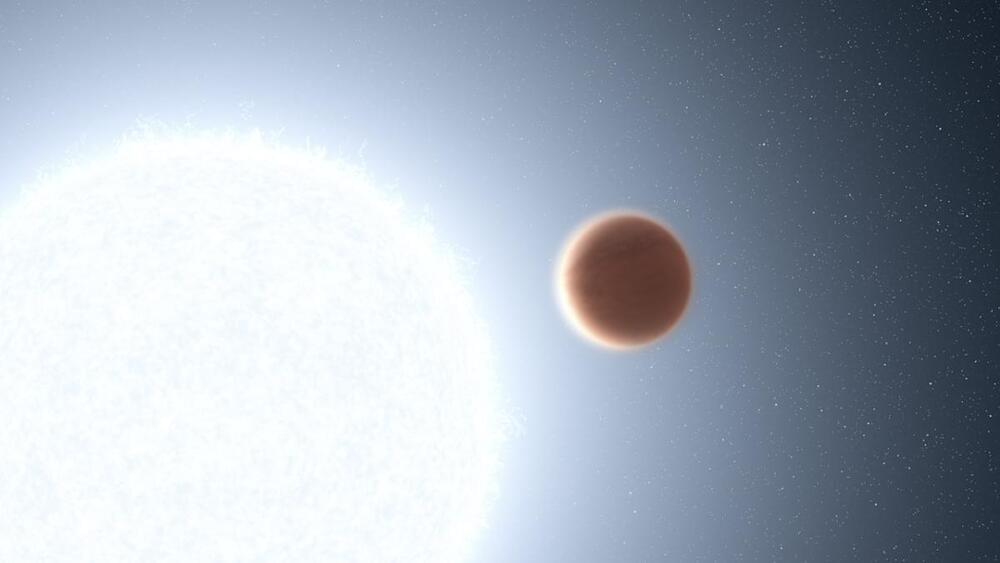Would you like to visit a world where it rains rock?
Since astronomers began finding exoplanets in the 1990s, they’ve uncovered a lot of hot Jupiters, and now NASA’s most venerable telescope is playing meteorologist.
These colossal worlds are gas giants like our own Jupiter but orbit much closer to their parent stars — close enough that their surfaces might boil at stomach-churning temperatures above 3,000 degrees Fahrenheit (1,600 degrees Celsius). Now, the Hubble Space Telescope has pierced the veils of two different hot Jupiters, finding some rather bizarre weather, at least by the mundane standards of our solar system. These worlds are more than curiosities; they’re evidence of how a star can influence an orbiting planet’s atmosphere.










Think Lahars, with loads and loads of those distinctive red lightning storms, just at the night side of the planet. Very toxic, very hot, raining down in angry hurricanes of grey powedery smoke.